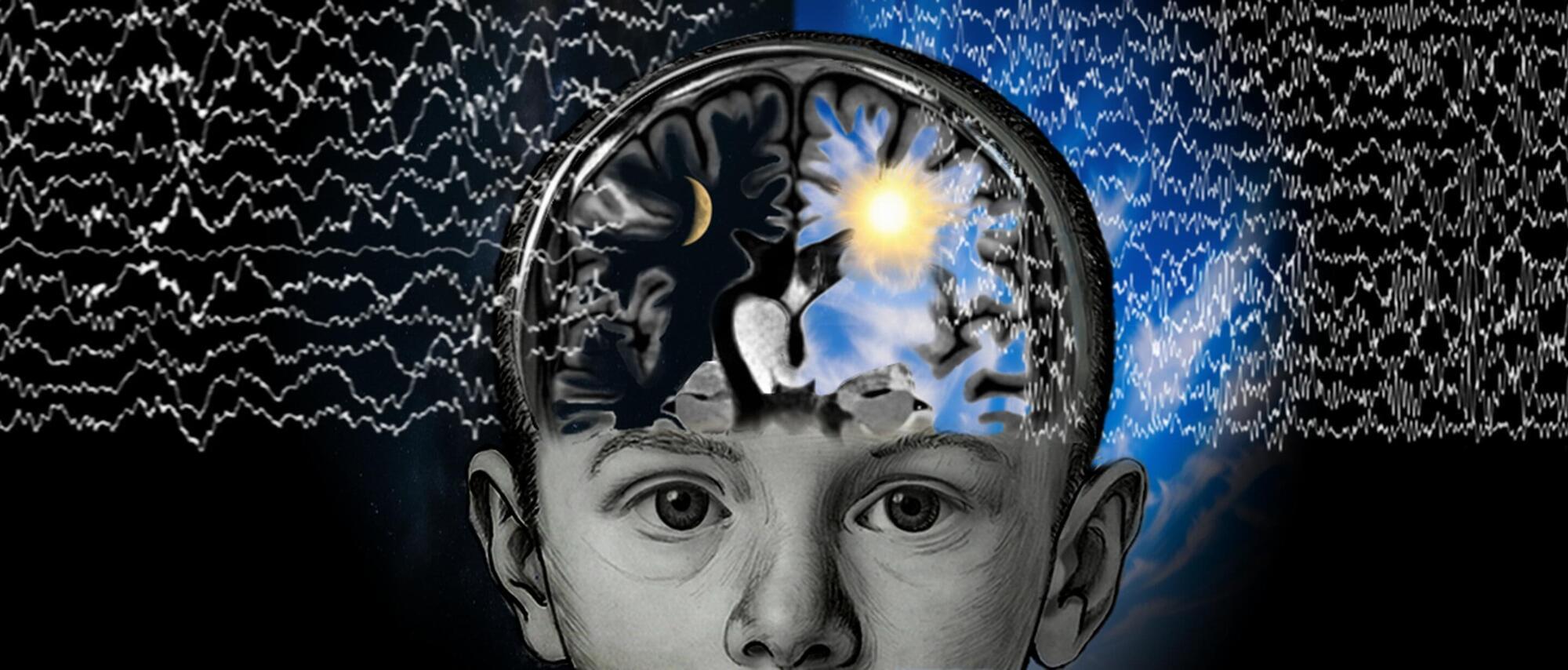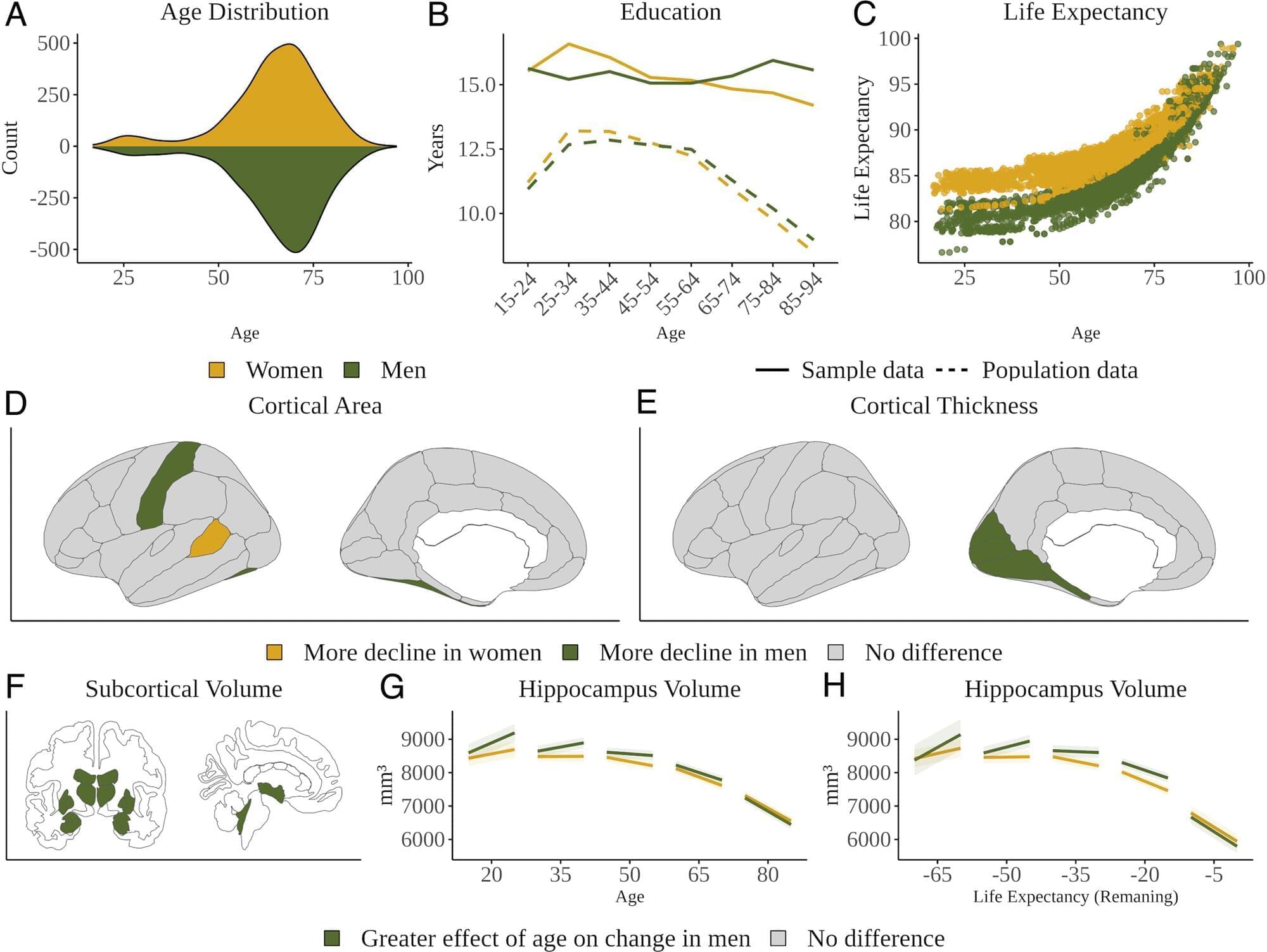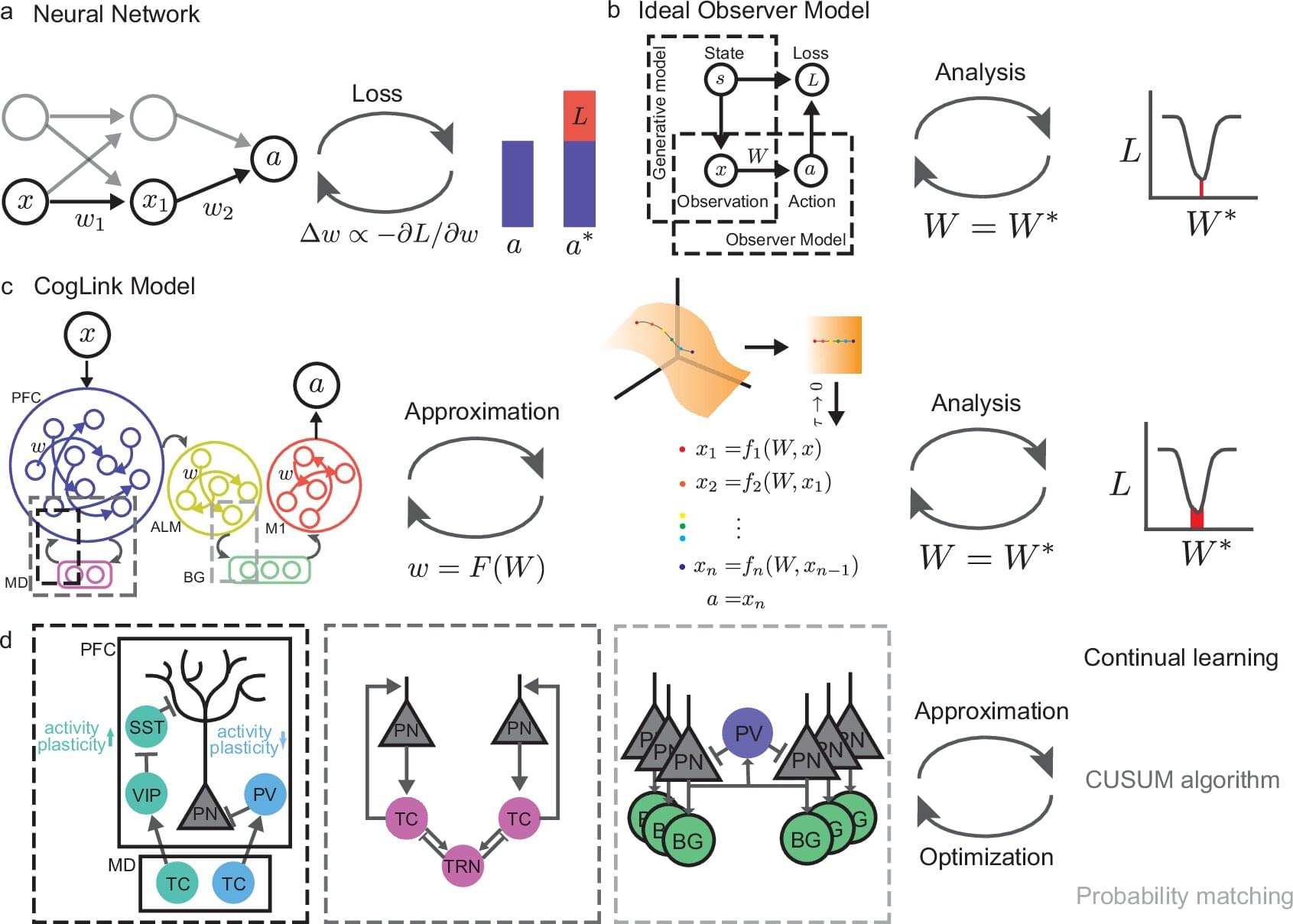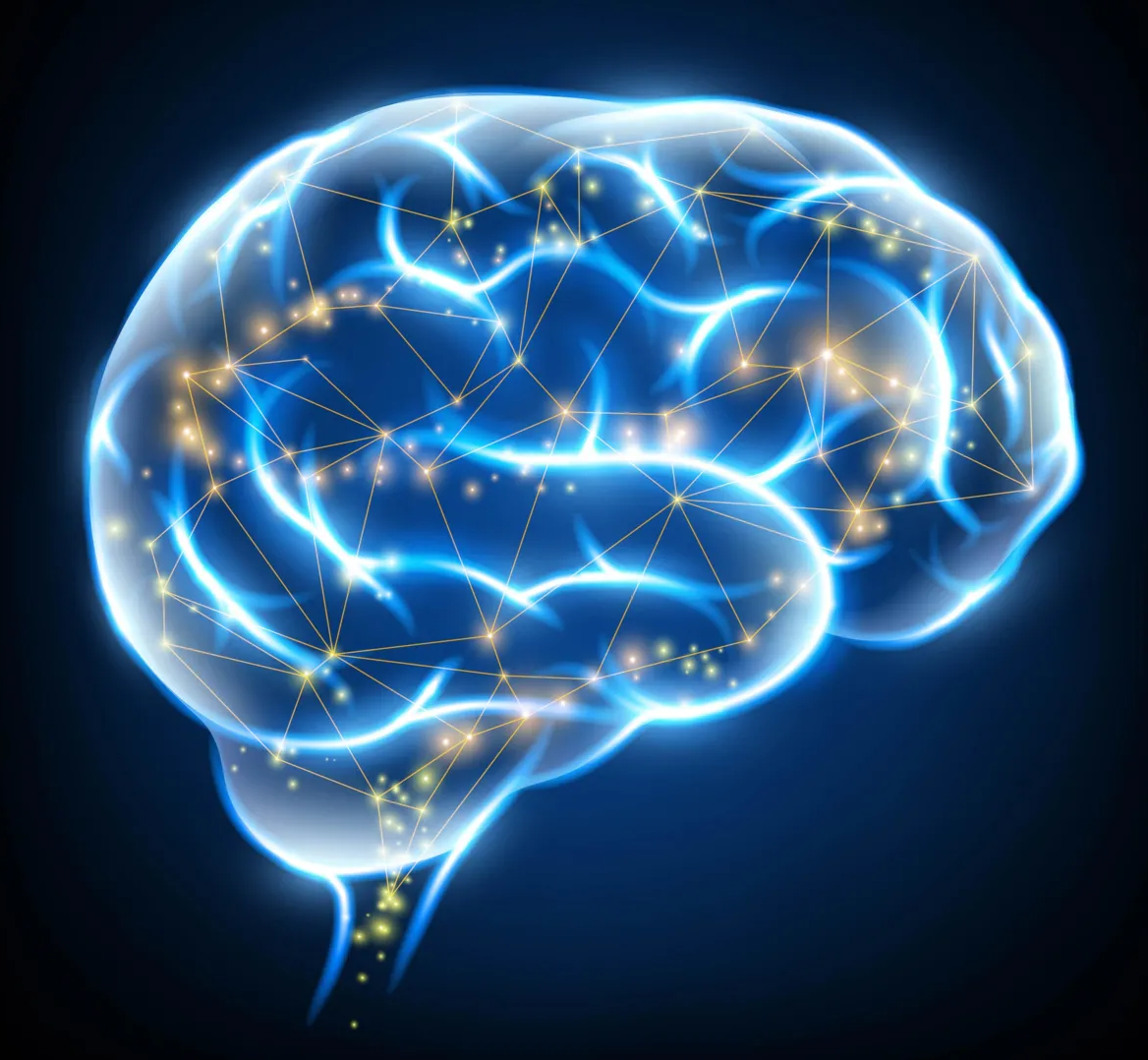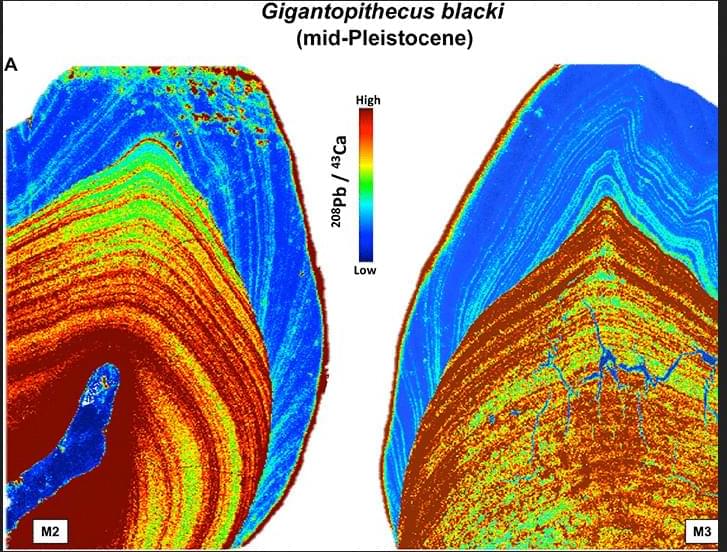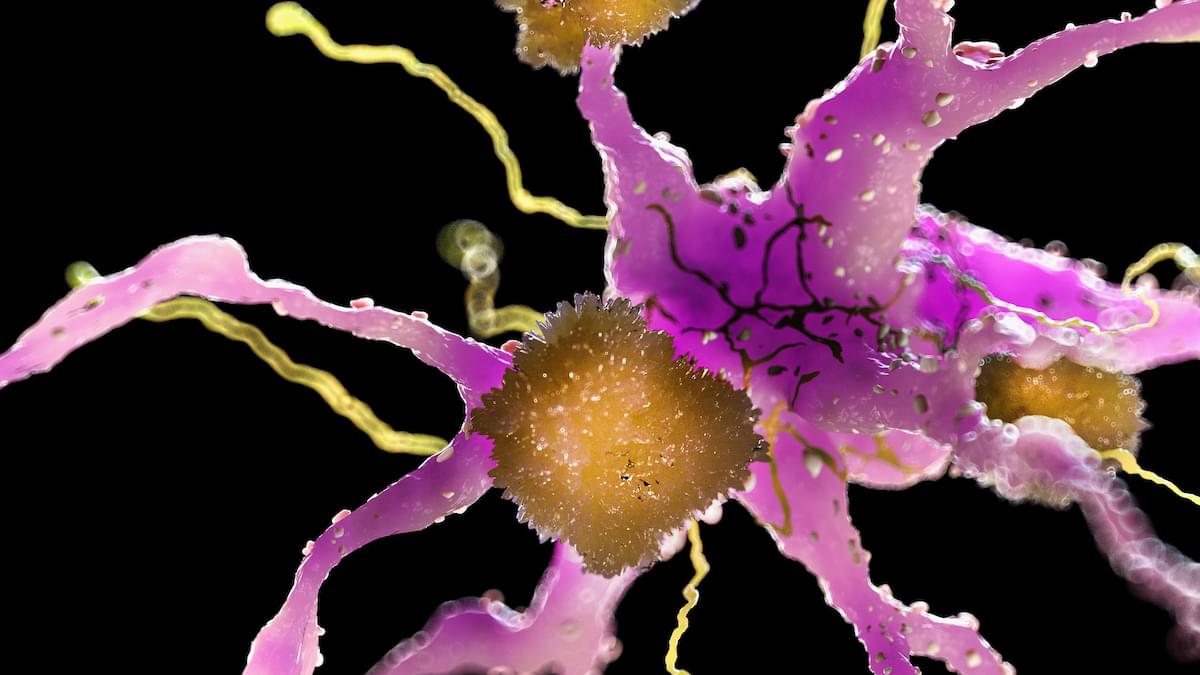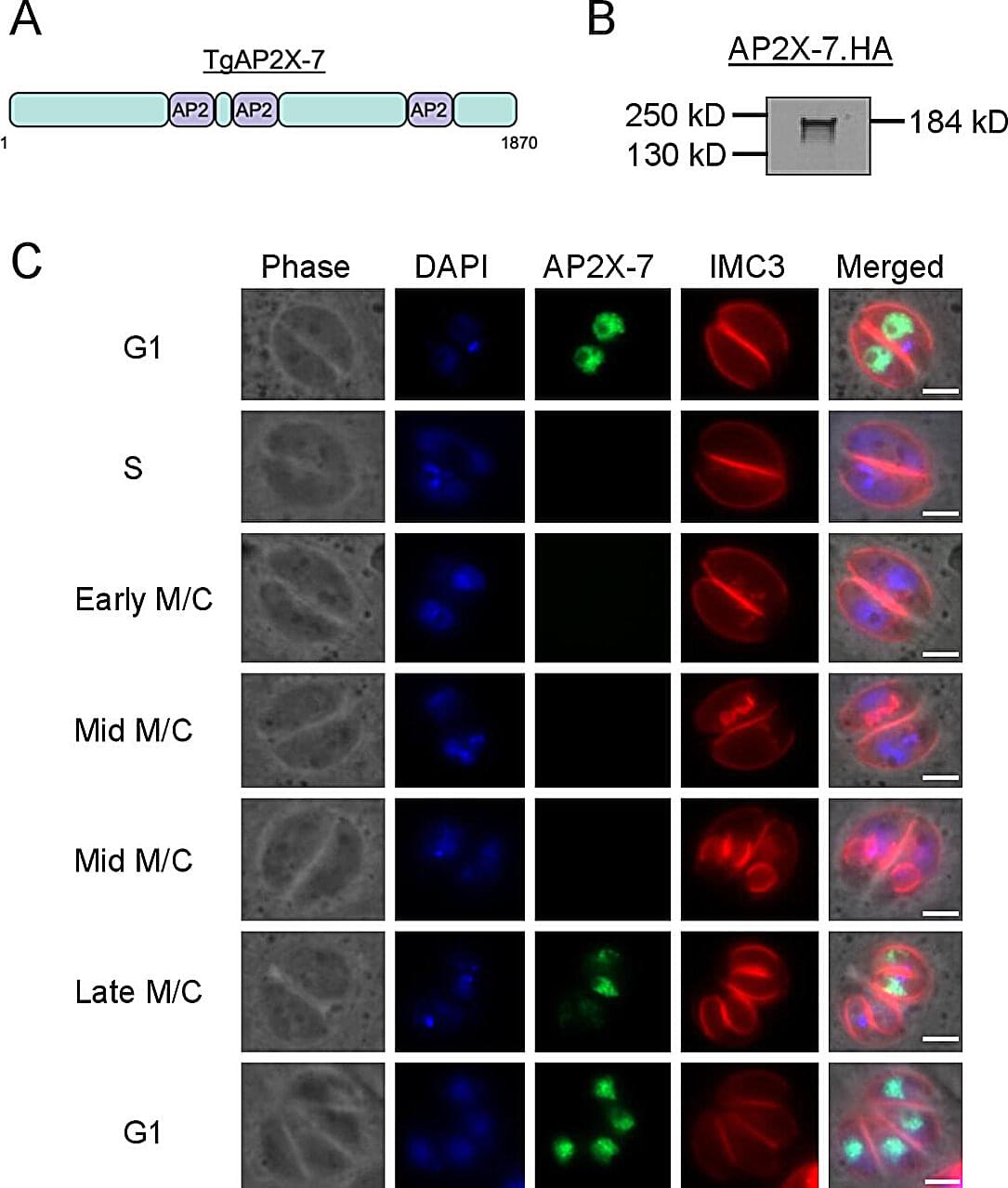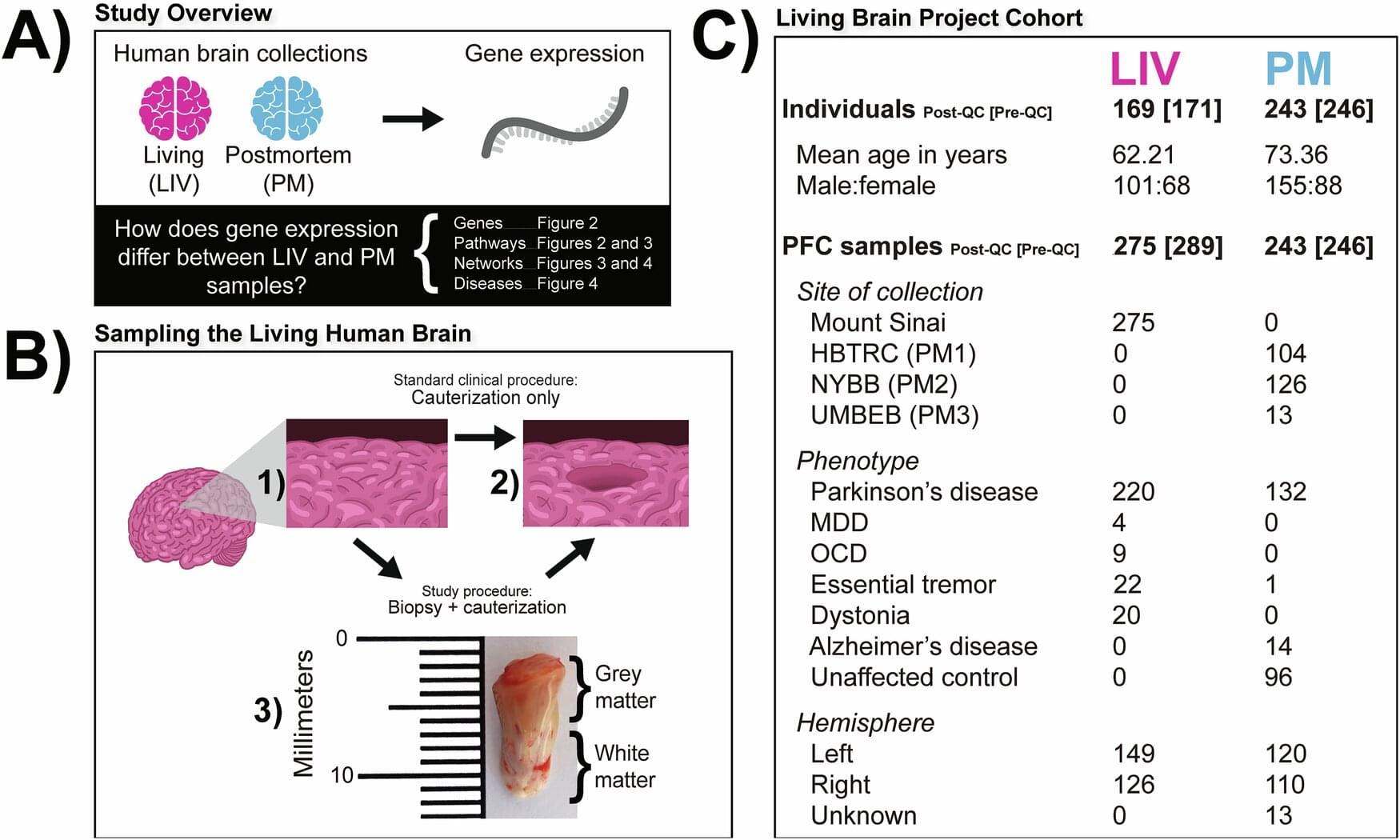Sleep-like slow-wave patterns persist for years in surgically disconnected neural tissue of awake epilepsy patients, according to a study published in PLOS Biology by Marcello Massimini from Universita degli Studi di Milano, Italy, and colleagues.
The presence of slow waves in the isolated hemisphere impairs consciousness; however, whether they serve any functional or plastic role remains unclear.
Hemispherotomy is a surgical procedure used to treat severe cases of epilepsy in children. The goal of this procedure is to achieve maximal disconnection of the diseased neural tissue, potentially encompassing an entire hemisphere, from the rest of the brain to prevent the spread of seizures.
